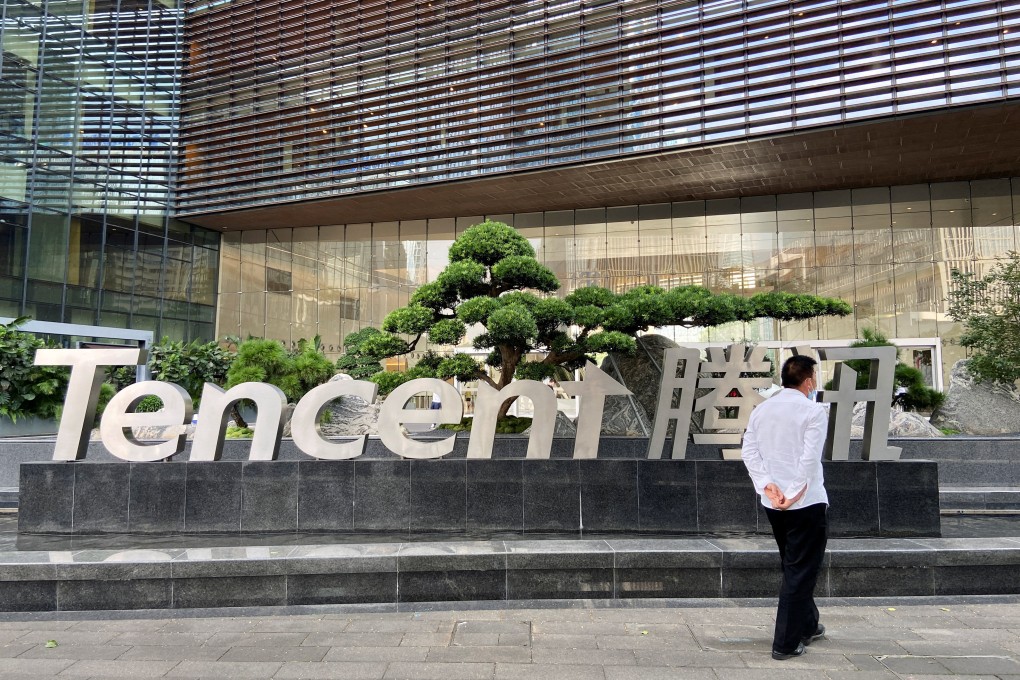Beijing approves public-private JV between Tencent and China Unicom covering content delivery networks
- The JV between the investment arms of China Unicom and China’s biggest private tech company was one of 15 investment deals to receive approval
- The unit will focus on content delivery networks and technologies such as edge computing

Chinese social media giant Tencent Holdings has received Beijing’s approval to set up a joint venture with a major China state-owned telecoms operator in a private-public sector deal.
The JV between the investment arms of China Unicom and China’s biggest private tech company was one of 15 investment deals to receive “unconditional approval” from the State Administration for Market Regulation (SAMR), the country’s antitrust watchdog, according to a notice published on the agency’s website dated last Thursday.
The unit will focus on content delivery networks and technologies such as edge computing, according to an overview of the deal given by SAMR in September, which aim to store huge volumes of data and process it faster – typically seen as an extension of cloud computing.
The joint venture is “based on the strategic needs of the company’s comprehensive advancement into the digital economy”, China Unicom said in statements filed to the Shanghai and Hong Kong Stock Exchanges late on Wednesday. In the long run, the venture will amplify the advantages of both companies and boost the content delivery network and edge computing industries, it added.
Tencent did not immediately respond to a request for comment.
Tencent sits on a vast treasure trove of personal data, thanks to its ubiquitous WeChat super app that gathers information from 1.2 billion users. The Shenzhen-based firm also operates one of the biggest cloud services in China.